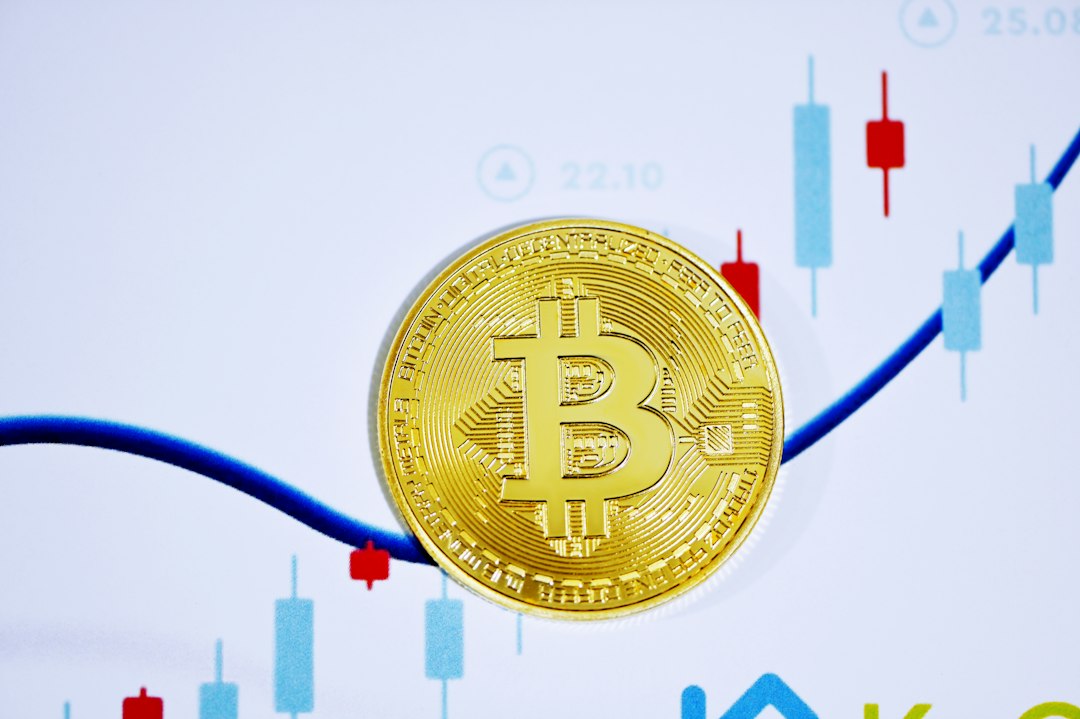The Rise of Big Data in E-commerce
Big Data has become essential for e-commerce, providing insights into customer behavior and enabling personalized experiences. Analyzing vast datasets helps businesses understand trends and preferences, optimize marketing strategies, and make informed decisions.
Blockchain’s Entry into E-commerce
Blockchain is a decentralized and secure digital ledger that revolutionizes data handling. Its public ledger ensures transparency and security, while blockchain IDs control data access, protecting user privacy and reshaping data management.
Investigating Blockchain’s Disruptive Potential
Integrating blockchain in e-commerce strengthens data security through decentralization and encryption. It safeguards against breaches and empowers users to control their data access. Blockchain introduces a new era of trust and resilience in the e-commerce landscape.
Protecting User Data
Traditional Big Data systems are vulnerable to cyber threats, but blockchain’s decentralized architecture fortifies data against attacks. Its cryptographic foundations provide robust security, protecting user information from unauthorized access.
The Relationship Between Big Data and Blockchain
Big Data and blockchain complement each other, with Big Data analyzing vast datasets while blockchain ensures data authenticity and security. They create a synergistic paradigm that enhances efficiency and trust in data-driven industries.
Case Studies and Examples
Walmart implemented blockchain for food traceability, IBM and Maersk created TradeLens for secure supply chain management, and Brave Browser revolutionized online advertising using blockchain technology.
Challenges and Considerations
The integration of blockchain in e-commerce presents challenges such as scalability, evolving regulations, and user adoption. Overcoming these challenges requires innovative solutions, collaboration among stakeholders, and user education.
Future Outlook
The future of e-commerce with blockchain is promising, offering enhanced security, efficient data management, integration with emerging technologies, and evolving regulatory frameworks that foster widespread adoption.
Conclusion
Blockchain’s unique features have the potential to disrupt Big Data practices in e-commerce by enhancing security, transparency, and user control. As the technology matures and regulations adapt, continuous inquiry will uncover new possibilities for integrating blockchain with Big Data in e-commerce.
Hot Take: The Transformative Power of Blockchain in E-commerce
The integration of blockchain technology in e-commerce has the potential to revolutionize the industry. By enhancing data security, streamlining transactions, and empowering users with control over their information, blockchain is reshaping how businesses manage and protect data. As the technology continues to evolve and regulatory frameworks adapt, we can expect even greater advancements in efficiency, trust, and innovation within the e-commerce landscape. Embracing blockchain opens up new opportunities for personalized customer experiences and data-driven decision-making. It’s an exciting time for e-commerce as we witness the transformative power of blockchain in shaping the future of online transactions.





 By
By
 By
By
 By
By
 By
By
 By
By